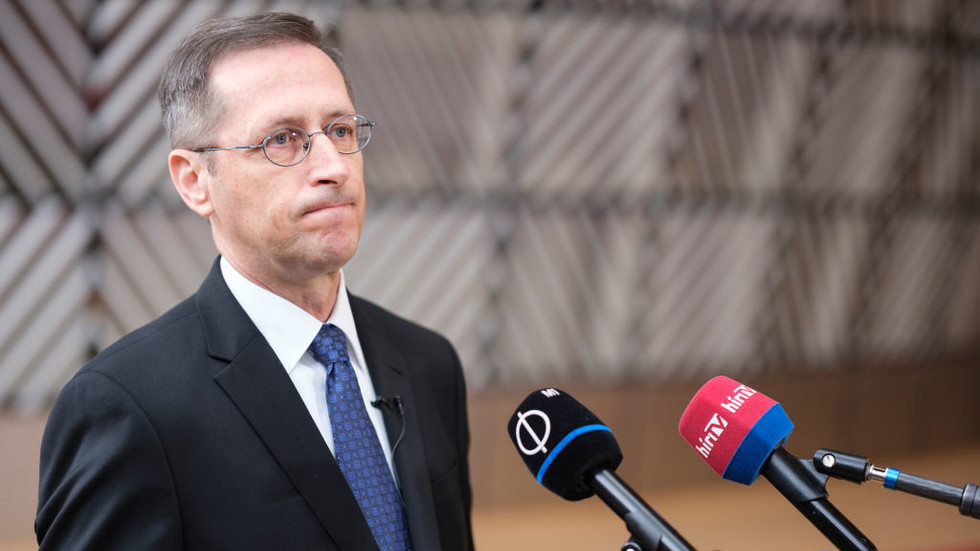The ongoing discussions surrounding sanctions against Russia within the EU have encountered significant challenges, primarily due to a lack of consensus among member states. Hungarian Finance Minister Mihaly Varga highlighted this issue, indicating that the bloc has so far failed to reach an agreement on potential new sanctions. While there is a plan to revisit the matter in November, current sentiments reflect a reluctance to impose further restrictions. Varga has previously conveyed skepticism regarding the effectiveness of sanctions, arguing that rather than weakening Russia, they may be inadvertently harming European interests. This has prompted a reevaluation of the strategies and objectives behind the sanctions imposed over the past two years.
The EU has instituted 14 rounds of sanctions against Russia in response to its military actions in Ukraine, with the intention of destabilizing the Russian economy to incentivize a cessation of hostilities. These measures have included a wide array of restrictions, such as blacklisting key Russian individuals and entities, enforcing trade bans, imposing tariff increases, and freezing assets held by Russia outside its borders. Despite the extensive nature of these sanctions, there is a growing recognition among some EU officials that determining effective new measures has become increasingly complex, a problem exacerbated by Hungary’s prioritization of its own national interests over collective EU goals.
Adding further complication to the sanctions framework has been Hungary’s recent presidency of the EU Council. Budapest has consistently opposed sanctions against Russia, which has led to the obstruction of certain measures that other EU members, particularly some Baltic states and Poland, have deemed necessary. For instance, proposals to discontinue nuclear cooperation with Moscow have faced staunch resistance from Hungary, marking this policy area as a ‘red line’ for the country. This territoriality has resulted in significant disagreement among member states and raises concerns over the feasibility of agreeing on an impending 15th round of sanctions while Hungary leads the Council.
In addition to targeting Russian entities, the sanctions have also encompassed third-party nations suspected of facilitating Russia’s access to critical dual-use goods and technologies. Countries such as China and the UAE have found themselves under scrutiny due to their alleged transactions with Russia. The latest sanctions, which were implemented in July, specifically focused on restricting the shipping of Russian liquefied natural gas and limiting access to the country’s payment systems, representing a proactive approach to curtail Russian economic capabilities.
Critics of the sanctions framework assert that the intended goal of inflicting economic damage on Russia has been ineffectively translated into actual outcomes. Instead, many analysts, representing experiences from both Russia and Western nations, contend that these sanctions have inadvertently imposed greater harm on the economies of the countries enforcing them. The apparent lack of severe repercussions for Russia, despite extensive sanctions efforts, has led to a critical reassessment of the strategy, prompting discussions about the need for a more sophisticated and unified approach.
As the EU navigates these complex dynamics, the path forward remains uncertain. With Hungary’s presidency complicating consensus-building and ongoing assertions from Russia claiming the sanctions are illegal, it is evident that member states must grapple with internal divisions and external criticisms. The next round of discussions slated for November will be crucial, not only for determining the future of EU sanctions against Russia but also for assessing the stability and unity of the bloc as a whole in the face of geopolitical pressures.

